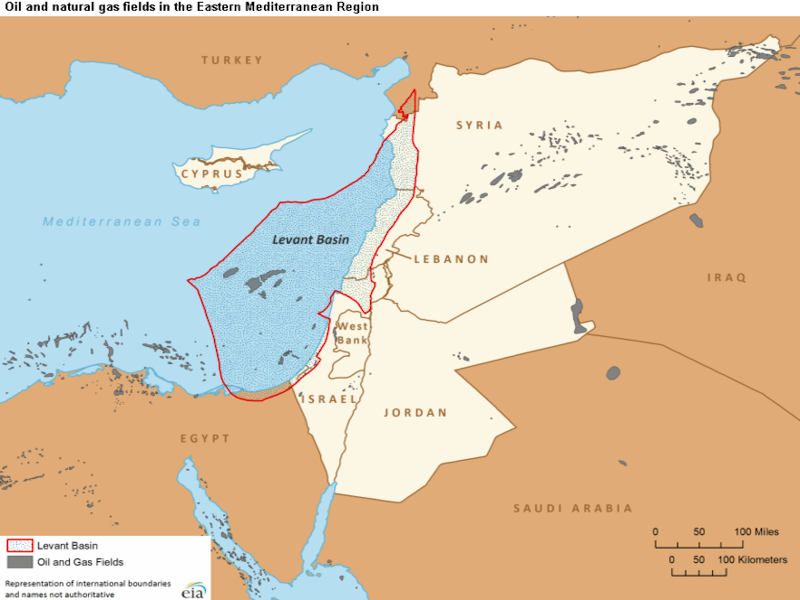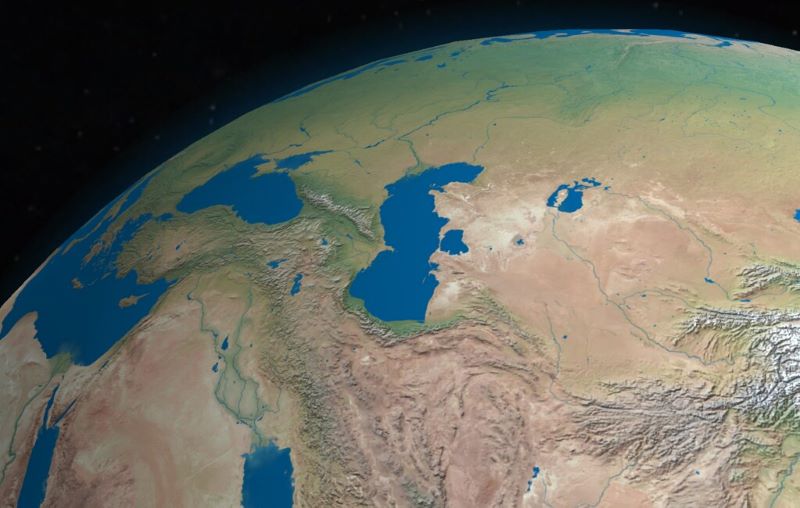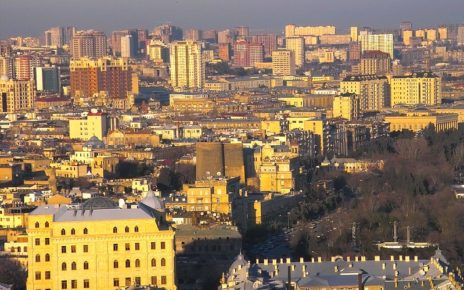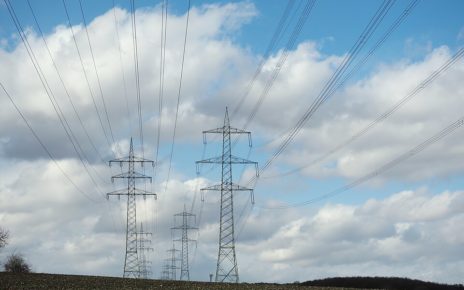Israel has been a major player in energy security issues in the Eastern Mediterranean region, through its participation in the East Mediterranean Gas Forum (EMGF). This has allowed Israel to take part in key energy trade and security negotiations and action plans which, in turn, have increased its potential for energy diversification and multilateral cooperation. This includes the long-planned EastMed pipeline which, if ever built, would transport natural gas amongst Israel, Cyprus, and Greece and so increase the security of the energy supply for Southern Europe through diversification of sources. The EMGF, created in January 2019, has been led by Israel and Egypt, both key players in East Mediterranean energy production and markets. While the Forum only includes eight state members at the moment, the two leading nations have been pushing for an expansion of the Forum’s membership and mandates. With such an expansion, the EMFG would also serve as an arena to discuss and facilitate negotiations on energy security, energy infrastructure, and emission-control policy mandates.
NATO members sharing a concern for climate change and energy security should therefore promote the EMGF and consider joining it as observers: including Canada’s government, which has made fighting climate change a global-affairs priority. Joining the Forum would also facilitate joint business and policy ventures on energy security issues, providing Canada with a new, more effective channel for communication and negotiation on such issues.
Currently, only the European Union and the United States are observers at the EastMed Forum. Turkey, a key player in the East Mediterranean and in energy security in the region, is not currently part of the Forum. Turkey could benefit from being included in energy trade deals facilitated by the EastMed Forum, but ongoing tensions with Cyprus and Greece have prevented this. The whole maritime area is home to a number of potential natural gas (as well as oil) fields, but there are disputes over the definition of national sectors in the Mediterranean Sea, in part but not entirely because Turkey is not a signatory of the U.N. Convention on the Law of the Sea (UNCLOS). Still, Canada may well consider pursuing at least observer status in the EastMed Forum, in support of its initiatives in favour of multilateral cooperation on such energy issues as natural gas trade and pipeline security. Cooperation on such issues through the EastMed Forum would also open the potential to facilitate the NATO objective of military de-confliction between Turkey and Greece. It is important to note, however, that EMGF should not be and cannot become a NATO instrument; indeed, NATO members could be more influential acting as sovereign states.
The EMGF has helped Israel to pursue exploitation of its offshore energy fields, increasing energy diversification and cooperation in the region generally. Currently, Israel’s largest offshore gas field is the Leviathan gas field, located in the Levant basin off the coast of Israel. It is operated by Delek Drilling (Israel), Ratio Oil Exploration (Israel), and Noble Energy Incorporated (United States). Gazprom, the Russian state-controlled energy giant, has also considered throwing its hat in the ring. It had arranged to buy a 25 percent stake in the operation through Woodside Energy, but Woodside pulled out of the project altogether.
The energy that these offshore fields produce could be transported through a series of proposed new pipelines, including the EastMed pipeline. EMGF could facilitate contracts and negotiations for the construction and operation of such pipelines It is not out of the question that the new Israeli coalition government emphasizes still more the national-interest imperative of enhancing offshore energy production and trade. Its interest in the EMGF will undoubtedly continue.
NATO has facilitated energy-policy coordination amongst its members in the past. Indeed, energy concerns were centre-stage at the Twentieth NATO Summit, held in Bucharest in 2008, , This meeting led to the crafting of NATO-wide central principles for the institution’s approach to energy security, including “protection of critical energy infrastructure”. As a result, a report, NATO’s Role in Energy Security, is now developed annually as a result. NATO now organizes an Annual Roundtable on Energy Security; and the NATO Energy Security Centre of Excellence (ENSEC), headquartered in Vilnius, helps to support NATO’s multilateral efforts on cooperation for energy security.
The East Mediterranean’s energy geopolitics continue to present NATO and its members with important opportunities to communicate their interests in energy-security issues, and to stimulate cooperation on these issues. However, NATO and its members should take care not to overwhelm the nascent EMGF (only two of whose eight current members are also NATO members) with their own concerns, but only facilitate regional cooperation. If Canada wished really to be ambitious, it could establish an East Mediterranean (or even broader region) “energy center” like the U.S. has done.
Image copyright: Known oil and gas fields in the Levant Basin (US EIA), by US Energy Information Administration via Wikimedia Commons. Licensed under US Public Domain Title 17, Chapter 1, Section 105 of the US Code.
Disclaimer: Any views or opinions expressed in articles are solely those of the authors and do not necessarily represent the views of the NATO Association of Canada.




